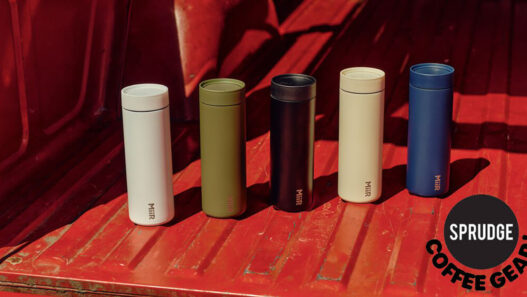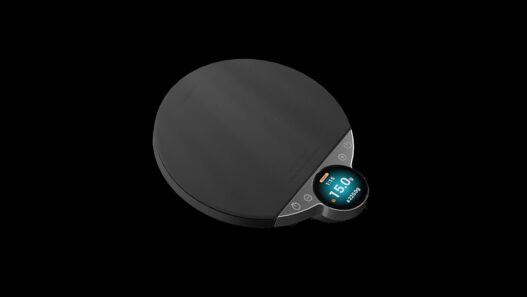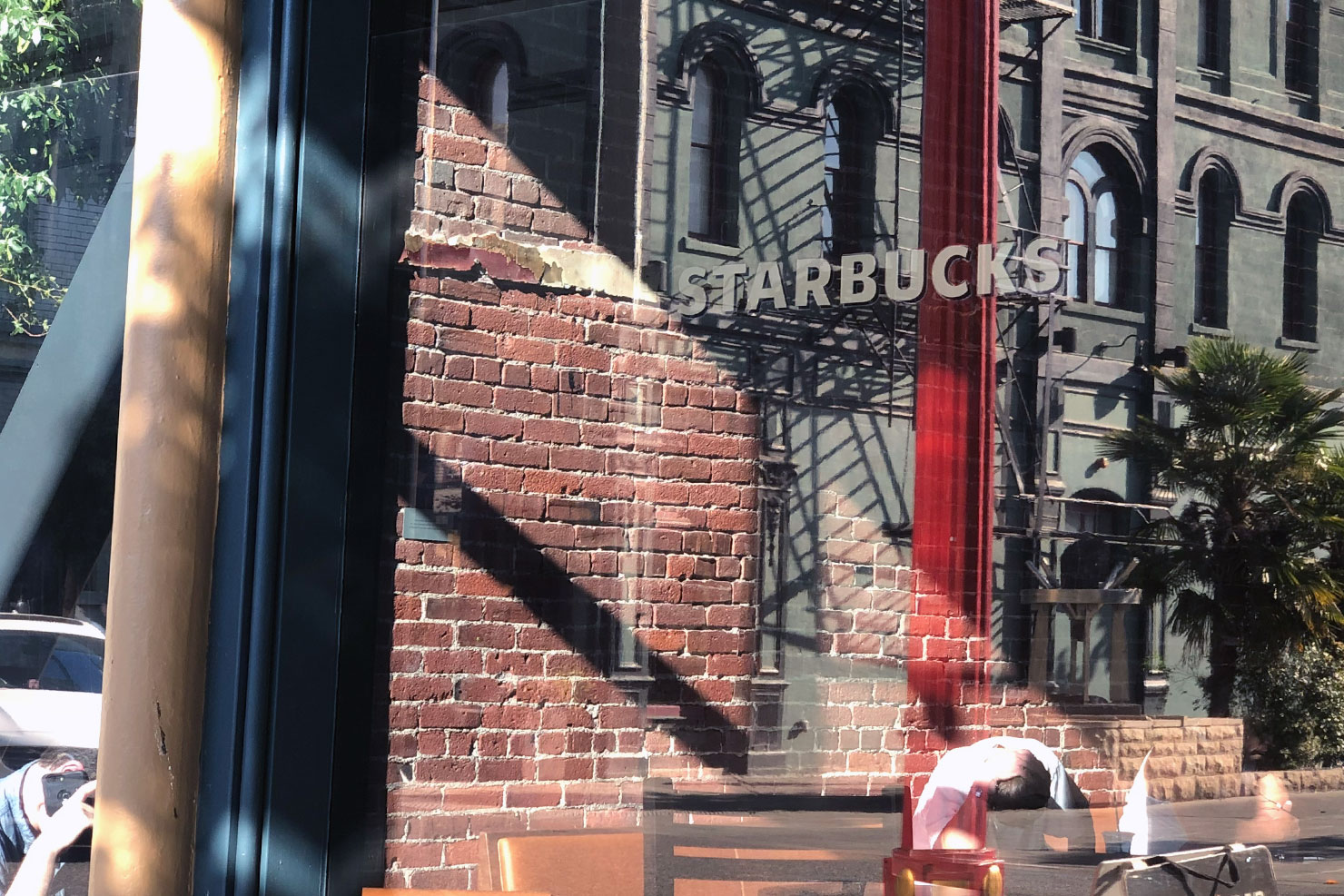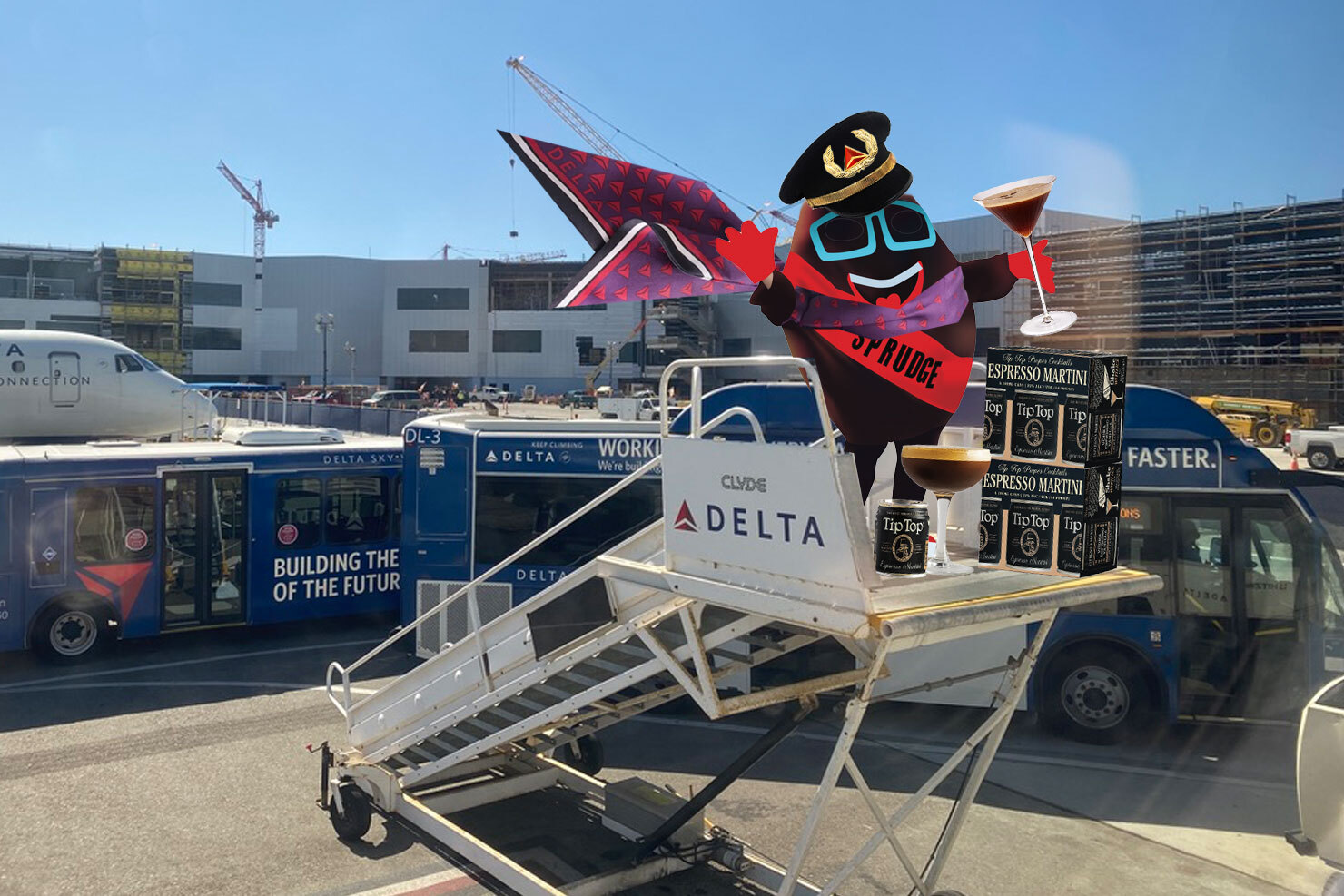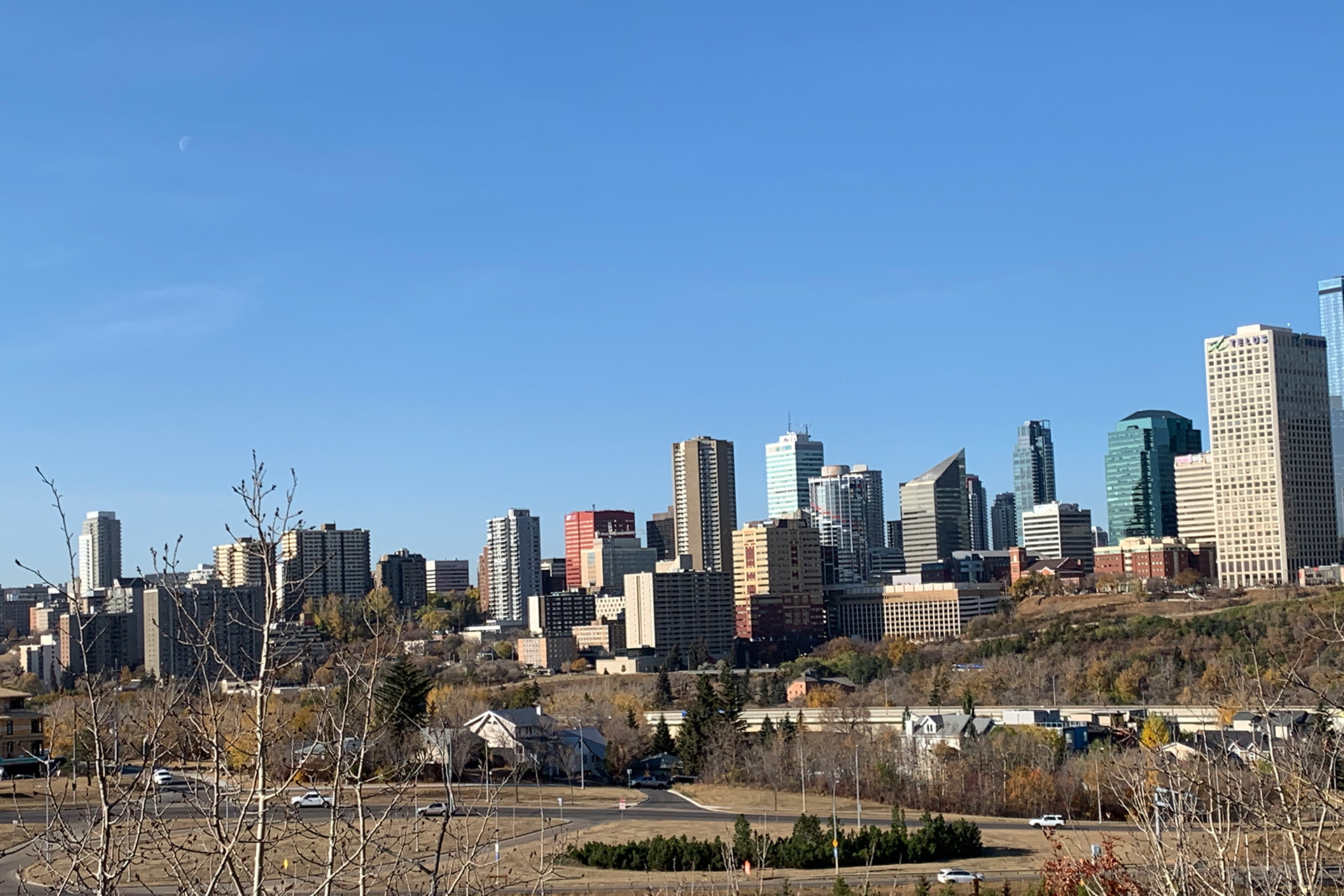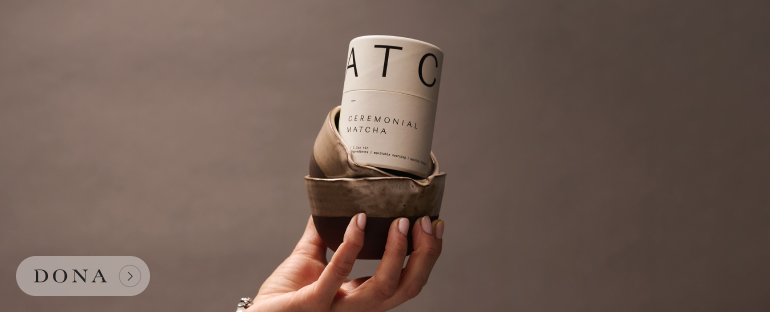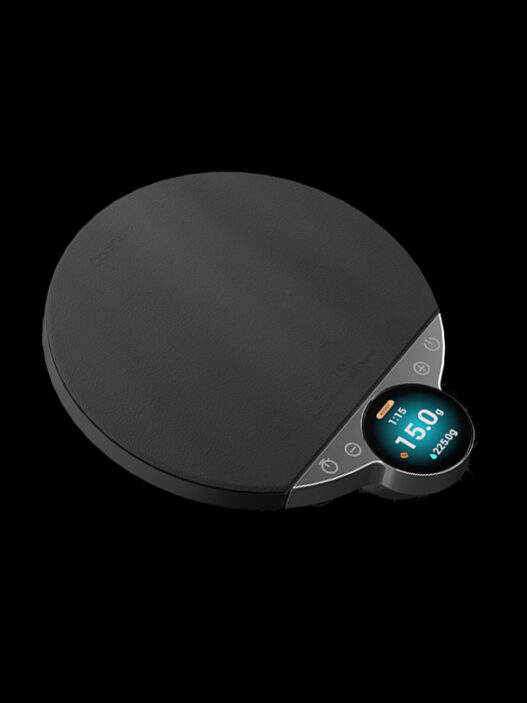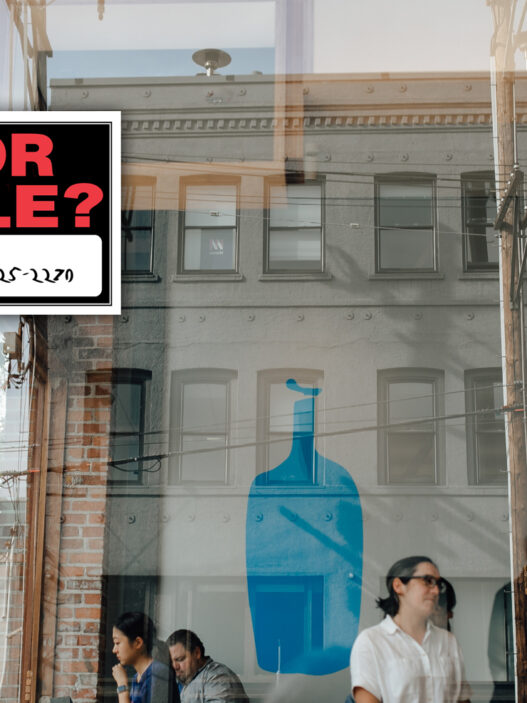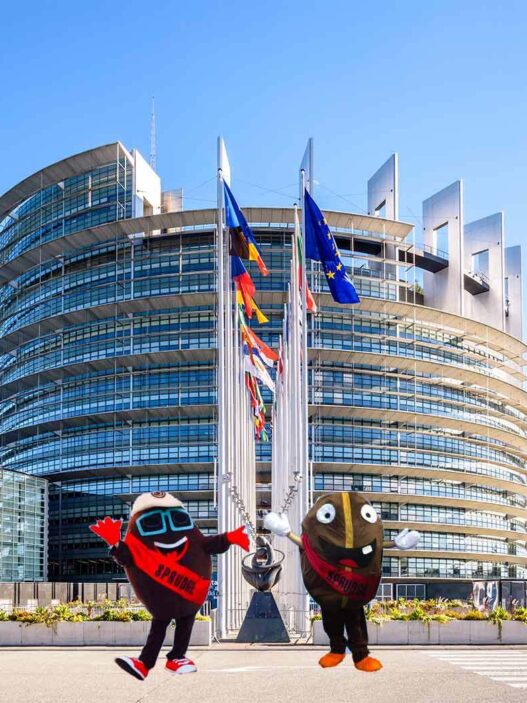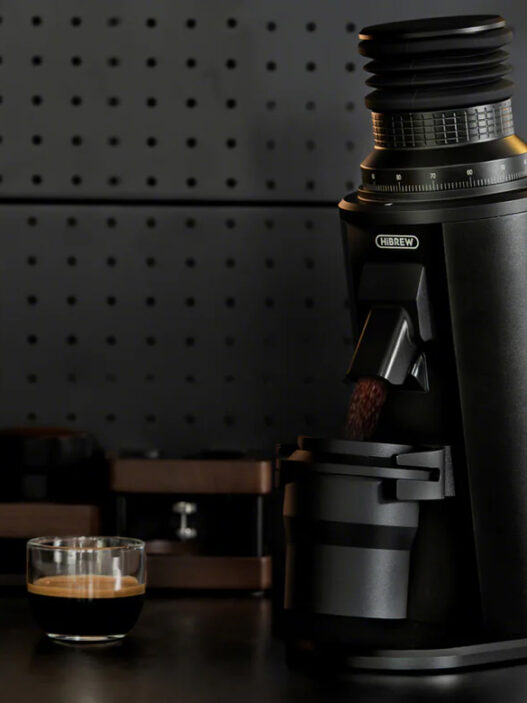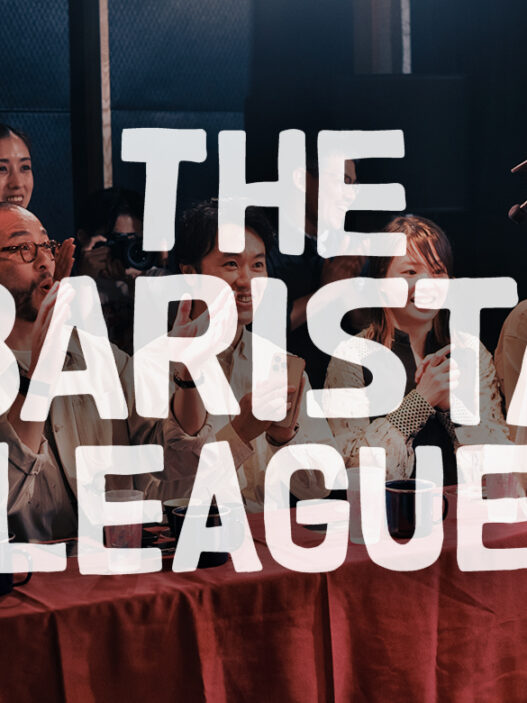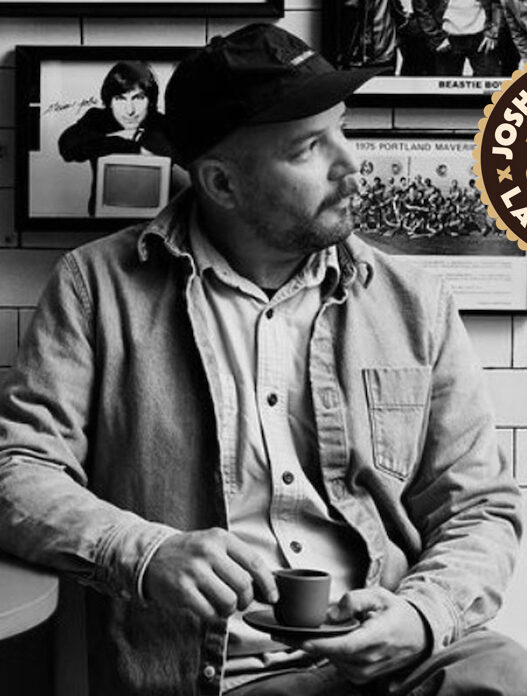We here at Sprudge have from time to time been critical of the actions of Starbucks, like for all their recent anti-union posturing, their lack of transparency, and Howard Schultz’s… whole thing. We have also highlighted the good the coffee company has done as well. Their healthcare package for transgender employees, subsidized backup care plan, and their being on the forefront of mask mandates early in the pandemic, all things we’ve reported on.
The fact of the matter is, whenever the largest coffee company in the world does something, bad or good, it has ripple effects throughout the industry. Today’s story about the Big Green Siren falls squarely into the latter camp, with Starbucks bringing in social workers to assist unhoused individuals that come into some of their locations.
Reporting on the program in New York City, the recent article in the Guardian examines how the coffee company is “filling holes in the US social safety net.” The program began back in 2020, rolling out to eight cities across the country, including Los Angeles, Chicago, Philadelphia, and Seattle. In New York, the company has partnered with Breaking Ground, a non-profit working toward ending homelessness through affordable housing and outreach programs. As part of the partnership, social workers with Breaking Ground make routine visits to select Starbucks locations in the city to provide aid and assistance to any unhoused individuals that may be there. It may be anything from offering warm clothes during the winter months to pointing folks in the direction of shelters and services.
Beyond providing assistance to those who utilize Starbucks as a convenient location for restroom access or simply to sit indoors, the program is a benefit to workers, who have in the past had to act as de facto social workers. While some coffee workers at the company are receive de-escalation training and well as how to use opioid overdose medication Narcan, they are not formally trained nor fully equipped to aid individuals in crisis. By bringing in social workers, the company is able to remove that burden from their employees while also providing actual assistance to those who need it.
It would have been easy for Starbucks to follow a more familiar path to addressing issues relating to the unhoused using cafes as shelter: to hire a private security force to keep them out. And the company’s relationship with unhoused individuals has been a bit fraught. As the Guardian notes, last year alone they closed 16 stores in the US “after reviewing employee complaints over store safety, and was in part related to ‘chronic homeless issues, substance abuse, and social unrests.’”
Still, the move to bring in social workers instead of guards is to be applauded. It addresses a very real, very complicated issue that cafes around the world have to face in a caring, thoughtful, and respectful way.
Zac Cadwalader is the managing editor at Sprudge Media Network and a staff writer based in Dallas. Read more Zac Cadwalader on Sprudge.




